Fortunately, there are things that evolve for the better in the world, one of them has been the treatment of animals in those enclosures known as zoos. In its beginnings, in the middle of the 17th century in France, later in England and other European countries, these places only sought to collect and exhibit a great number of exotic specimens in cages or closed spaces without caring about the needs of each one of them, without any sensitivity or respect for these living beings.
Afortunadamente, hay cosas que evolucionan para bien en el mundo, una de ellas ha sido el trato a los animales en esos recintos conocidos como zoológicos. En sus inicios, a mediados del siglo XVII en Francia, más tarde en Inglaterra y otros países de Europa, estos lugares sólo buscaban coleccionar y exhibir un gran número de ejemplares exóticos en jaulas o espacios cerrados sin importarles las necesidades de cada uno de ellos, sin ninguna sensibilidad ni respeto por estos seres vivos.
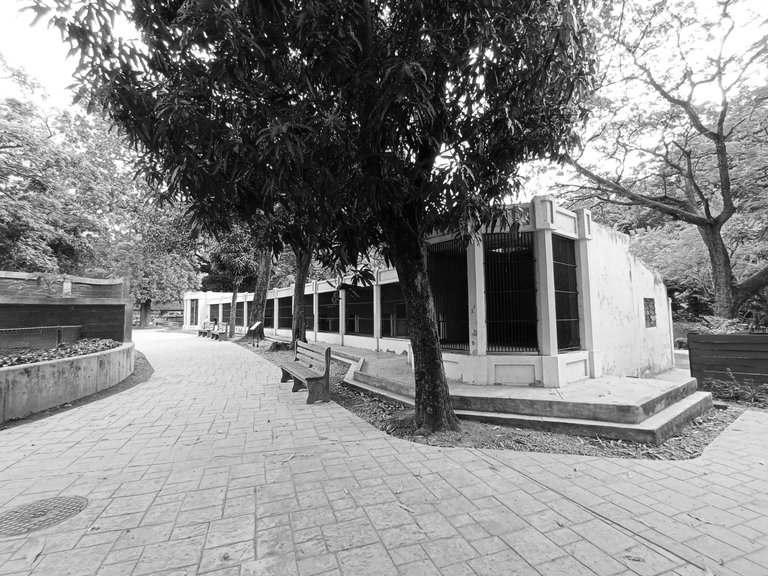
House of wild beasts, this was the name given to these places where animals were imprisoned in terrible conditions to entertain human beings. This European influence spread to many countries, including Venezuela, and in 1915, the dictator Juan Vicente Gómez inaugurated the first zoo in the country, located in the city of Maracay, where you could see both native species and from other parts of the world that arrived by order of Gómez and also as gifts or donations.
Casa de fieras, así eran llamados estos lugares donde los animales eran encarcelados en terribles condiciones para entretener a los seres humanos. Esta influencia europea se extendió a muchos países, incluyendo a Venezuela, y en el año 1915, el dictador Juan Vicente Gómez inauguró el primer zoológico del país, ubicado en la ciudad de Maracay, allí se podían ver tanto especies autóctonas como de otras partes del mundo que llegaron por encargo de Gómez y también como obsequios o donaciones.
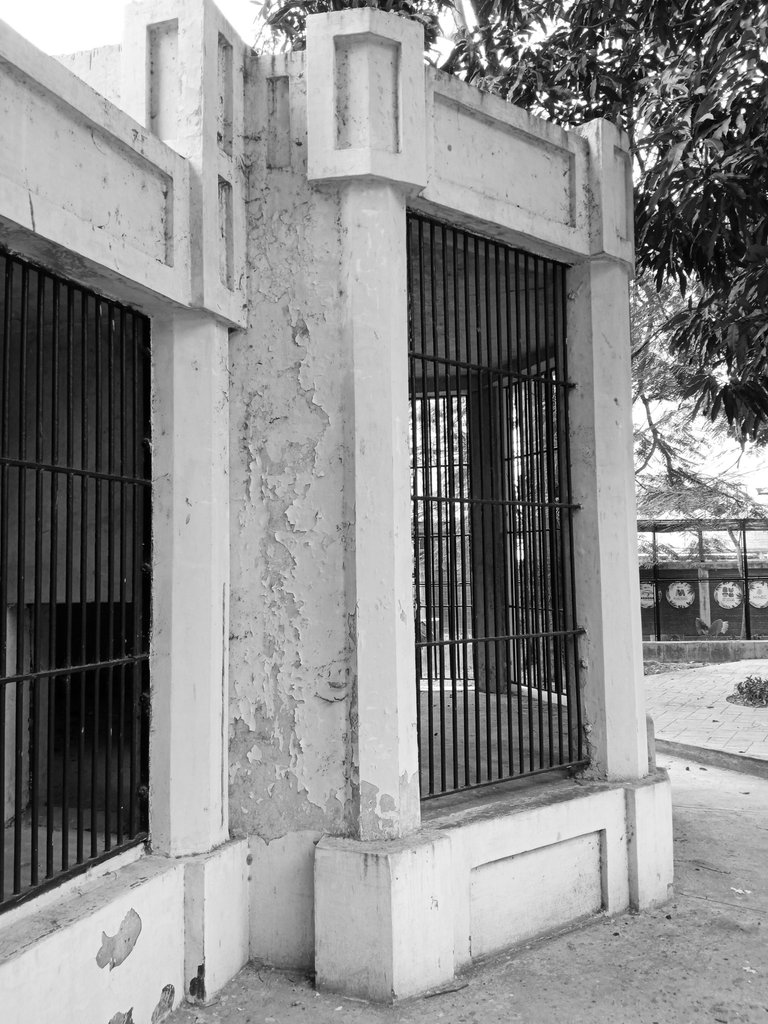
In these photos you can see the Beast Houses of the Maracay Zoo, where over the years many animals had the bad luck to “live”. Tigers, jaguars, lions, hyenas, wolves, orangutans, chimpanzees, bears, and many others.
En estas fotos pueden ver las Casas de fieras del Zoológico de Maracay, donde a lo largo de los años muchos animales tuvieron la mala suerte de "vivir". Tigres, jaguares, leones, hienas, lobos, orangutanes, chimpancés, osos, y tantos otros.
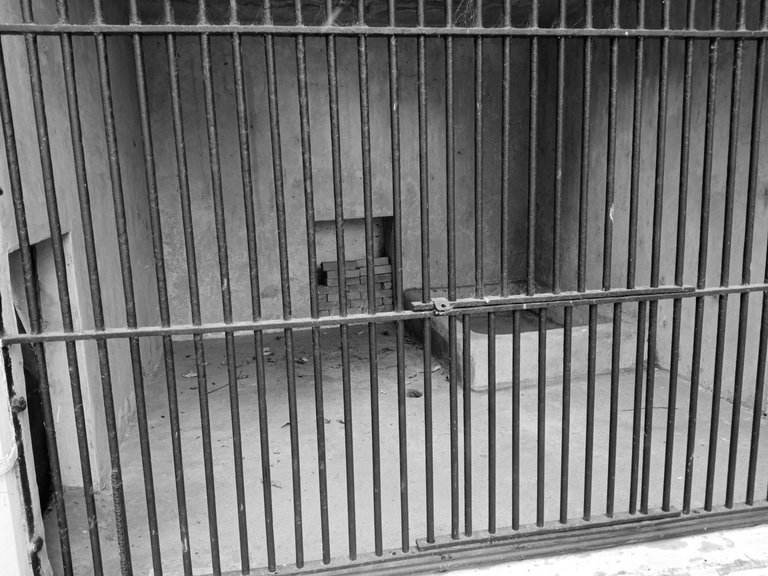
The gomeras, as they were also known, were built between 1920 and 1930, have a space between 7 and 15 square meters and no natural elements, everything is cement and bars. The phrase of the philosopher Arthur Schopenhauer fits perfectly in these scenarios: “Man has made the earth a hell for animals”.
Las gomeras, como también eran conocidas, fueron construidas entre los años 1920 y 1930, tienen un espacio de entre 7 y 15 metros cuadrados y ningún elemento natural, todo es cemento y barrotes. La frase del filósofo Arthur Schopenhauer encaja perfectamente en estos escenarios: “El hombre ha hecho de la tierra un infierno para los animales”.
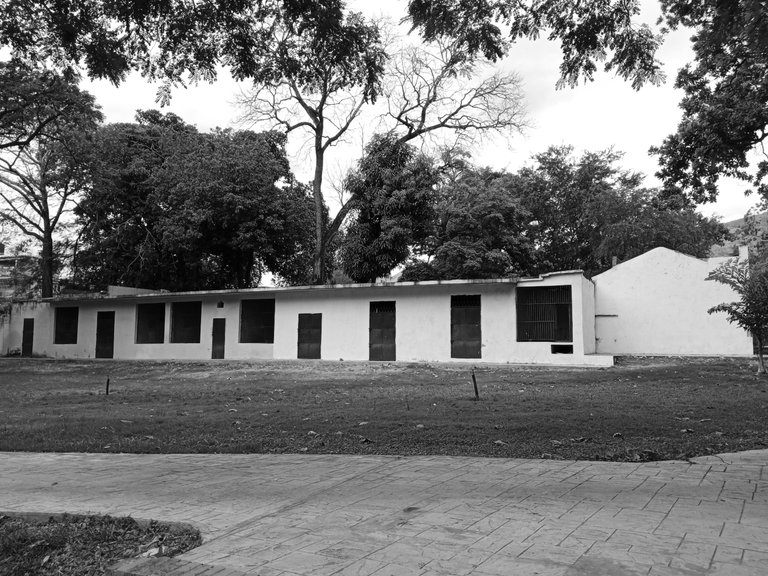
It has been a long time since these spaces stopped being used, I didn't get exact information, but in the 90's - 2000's there were still animals exhibited there.
Hace mucho tiempo que estos espacios dejaron de utilizarse, no conseguí información exacta, pero en los años 90 - 2000 todavía había animales expuestos allí.
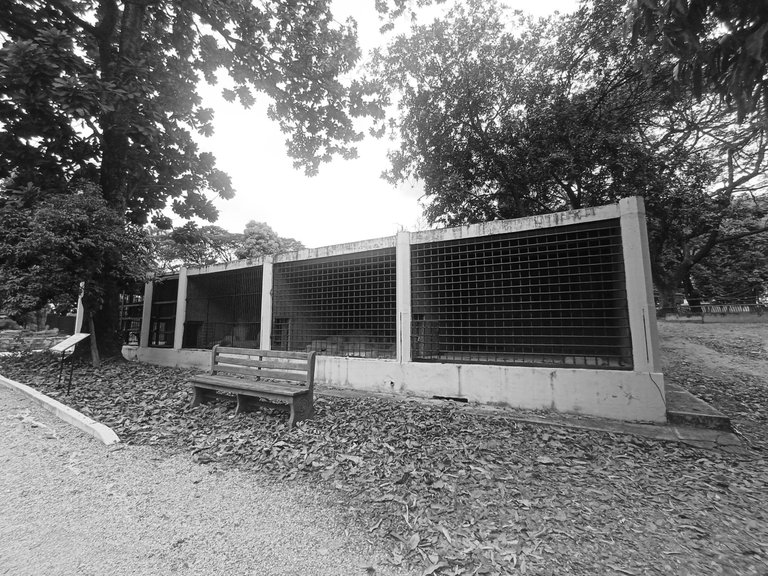
At present, the Beast houses are kept at the Maracay Zoo because they are heritage structures and for educational purposes, as a reminder of the evolution that these places have undergone throughout the world.
Actualmente las Casas de fieras se conservan en el zoológico de Maracay porque son estructuras patrimoniales y para fines educativos, como recordatorio de la evolución que han experimentado estos lugares en todo el mundo.
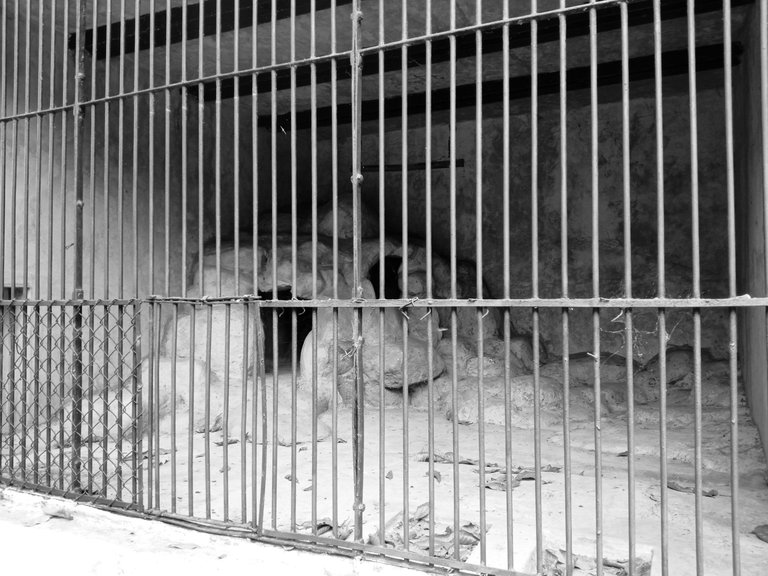
Since its comprehensive remodeling, which lasted several years, reopening to the public in March 2023, animals such as lions, jaguars, pumas, hyenas, among others, are now in facilities with natural elements and more spacious, although I didn't find them spacious enough in many cases. However, I understand that the zoo's profile has changed and is oriented to educate, preserve and try to reproduce animals in extinction. Also to rescue victims of mistreatment, illegal trafficking, etc., and if possible release them into their natural habitat.
Desde su remodelación integral, que duró varios años, reabriendo al público en marzo de 2023, animales como leones, jaguares, pumas, hienas, entre otros, están ahora en instalaciones con elementos naturales y más amplias, aunque no me parecieron lo suficientemente espaciosas en muchos casos. Sin embargo entiendo que el perfil del zoológico ha cambiado y está orientado a educar, preservar y tratar de reproducir animales en extinción. También a rescatar víctimas de maltrato, tráfico ilegal, etc, y si es posible liberarlas en su hábitat natural.
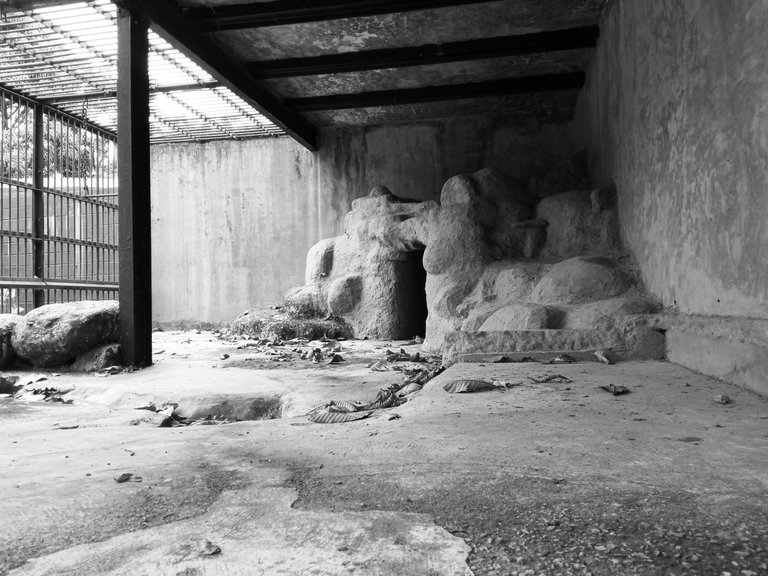
I always prefer to see the animals in the wild, I had so many years without visiting this zoo and I wanted to go to see their new conditions, I was glad that the Houses of wild beasts were empty.
Siempre prefiero ver a los animales en libertad, tenía muchísimos años sin visitar este zoológico y quise ir a ver sus nuevas condiciones, me alegré de que las Casas de fieras estuvieran vacías.
All photos are my property and were taken with my Redmi 9 phone / Todas las fotos son de mi propiedad y fueron hechas con mi teléfono Redmi 9c